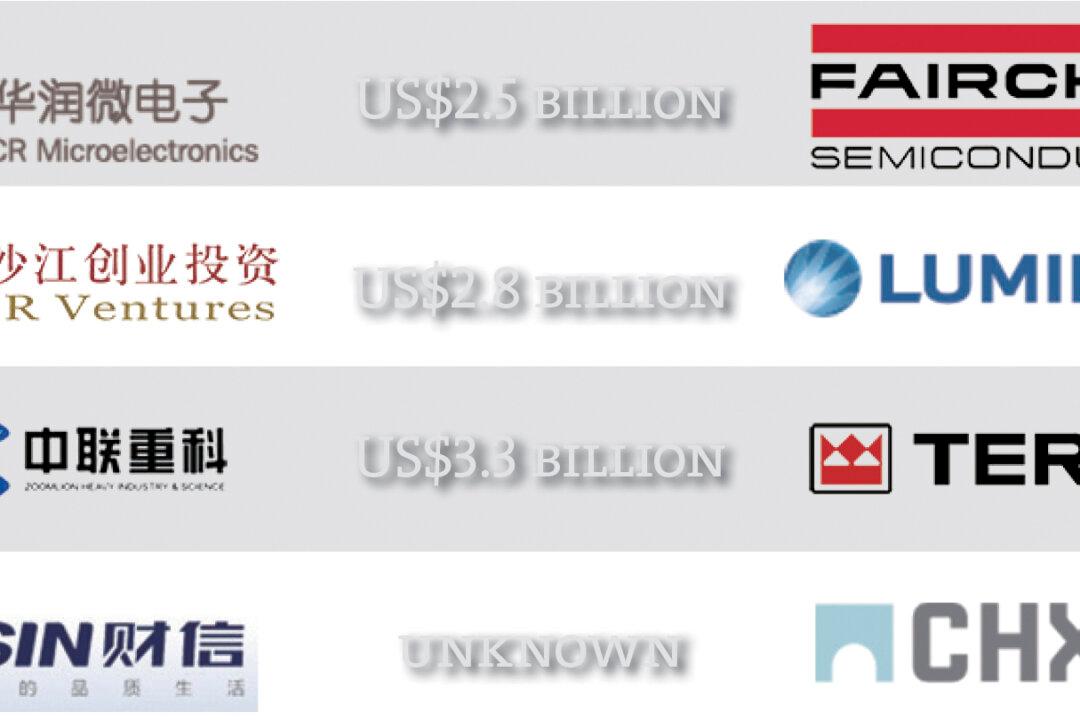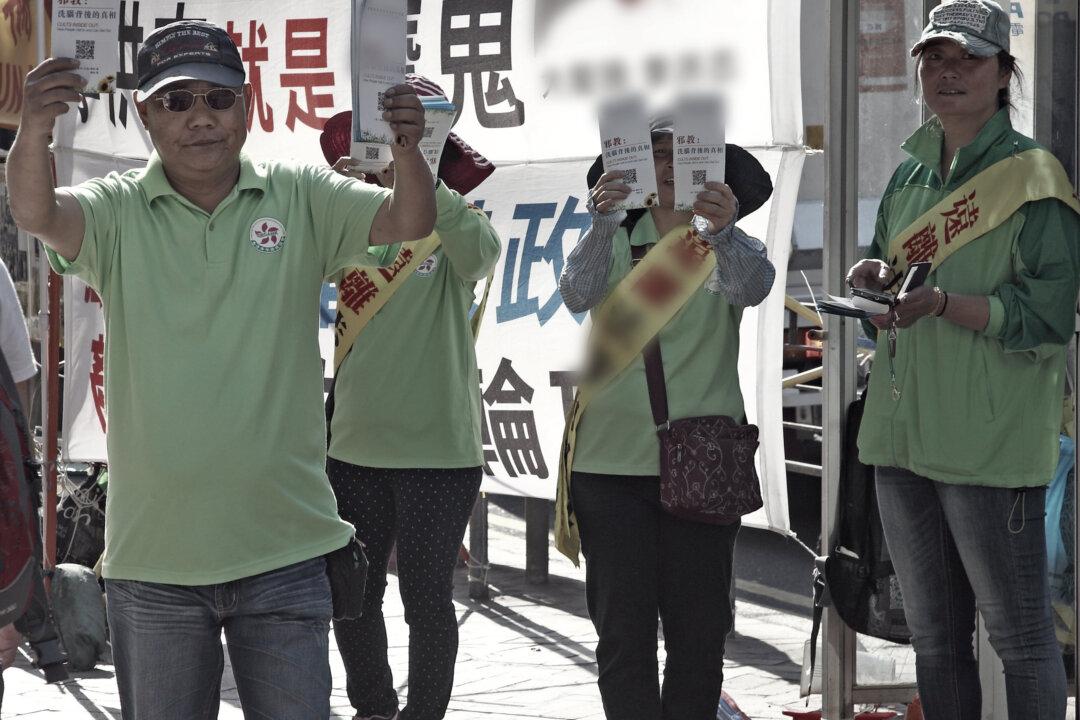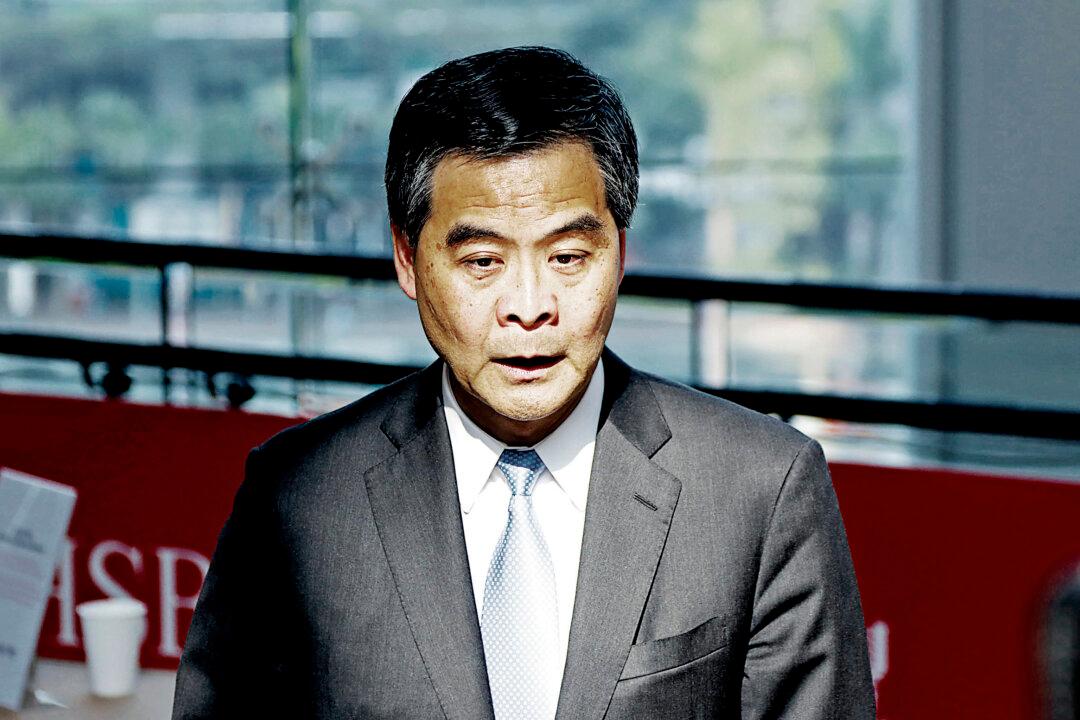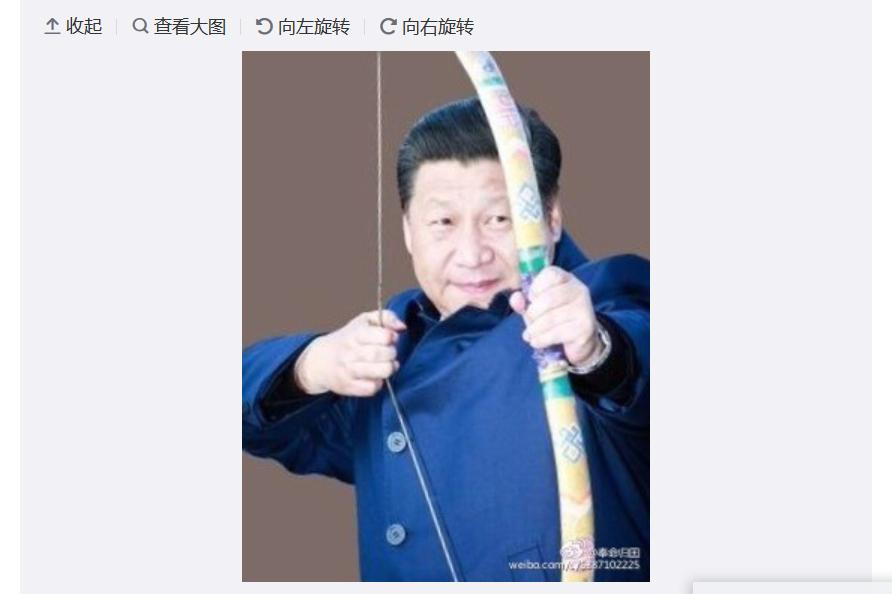Chinese companies have recently encountered setbacks while trying to takeover major overseas businesses. Most of these Chinese companies are being probed, in one way or another, in the anti-corruption campaign led by Chinese leader Xi Jinping.
On Feb 18, 2016, the Financial Times reported that two takeovers involving Fosun International, one of China’s most acquisitive private conglomerates, and state-backed China Resources, collapsed in the space of a day.
Fosun announced on Feb 16 that it was terminating a deal in which it would have bought a controlling stake in Phoenix Holdings, an insurance and financial group, from Israel’s Delek Group. Fosun declined to comment on whether it had run into regulatory concerns in Israel.
The U.S. government is uneasy about Chinese control over critical industries and concerned about the backgrounds of the Chinese investors, especially if they are under the corruption probe.




